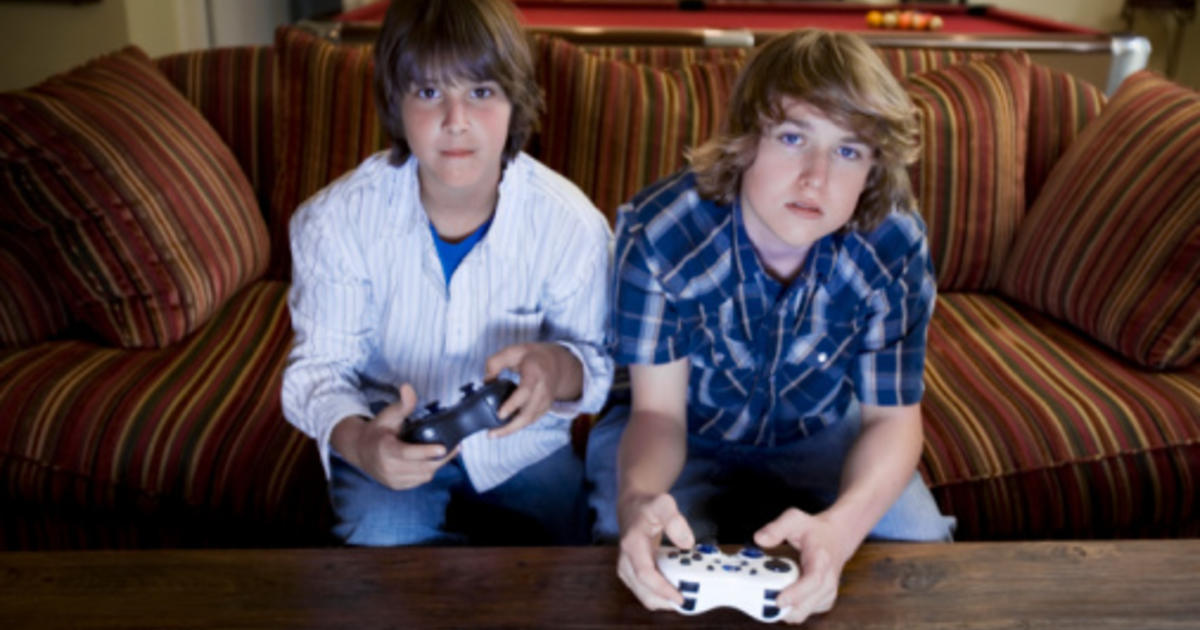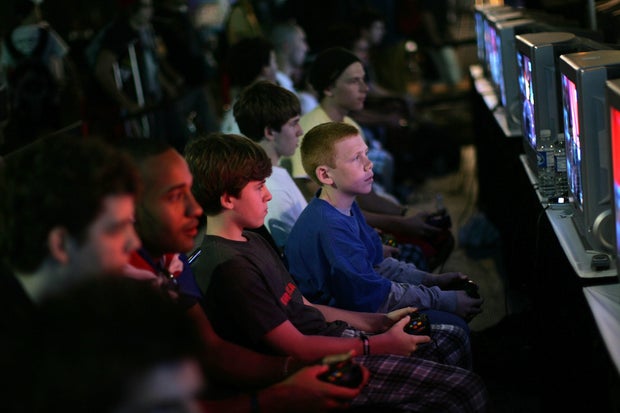Video games are where American teenagers make friends, but also where most say they are bullied and bullied, according to a Pew poll released Thursday.
More than 1,400 teenagers between the ages of 13 and 17 took part in the survey last fall, answering questions about various aspects of their relationship with video games. Some of the results are to be expected. For example, a large majority of US teenagers (over 85%) play video games.
But other themes were not so clear and painted a more complex picture of how the teenagers saw their experience. Survey participants reported that video games were how they had fun and made friends, although they also reported bullying, harassment, and name-calling. But even with these problems, they still wanted to continue playing, saying the games also helped them with their problem-solving skills and even their mental health.
Spencer Platt/Getty Images
Most teens said they play video games for fun or “entertainment reasons,” and about three-quarters said they play to spend time with others. They said they don't see gaming as harmful to themselves or their lifestyle, although 40% said it harmed their sleep.
58% of respondents said they believed they played the right amount of video games.
There were also notable differences in how different genders said they respond to and engage with video games.
Teenage boys play video games much more often than girls, and almost two-thirds play them daily, with the activity making up a large part of their social lives. More than half of teenage boys said video games helped them make friends, compared to 35% of girls surveyed.
Black and Latino teens said they made friends at a higher rate than white teens, and the numbers rose even more for those who considered themselves gamers.
Even with all the friendships made, about half of teenage boys said they had been called offensive names while playing, with about a third of girls reporting it. Eight in 10 said bullying is a problem in video games, and about a third of teens surveyed said it's a big problem.





